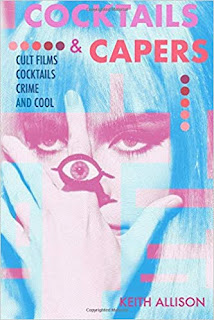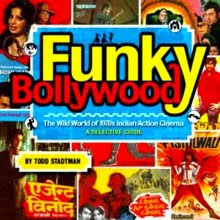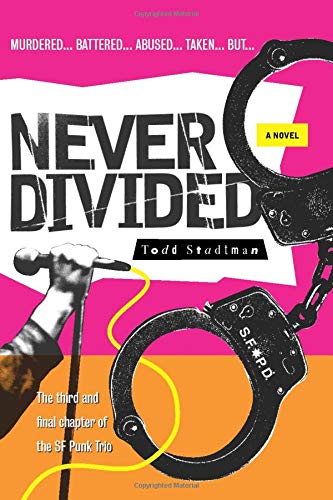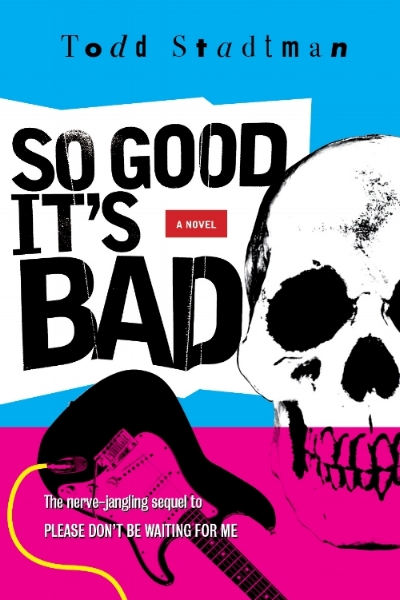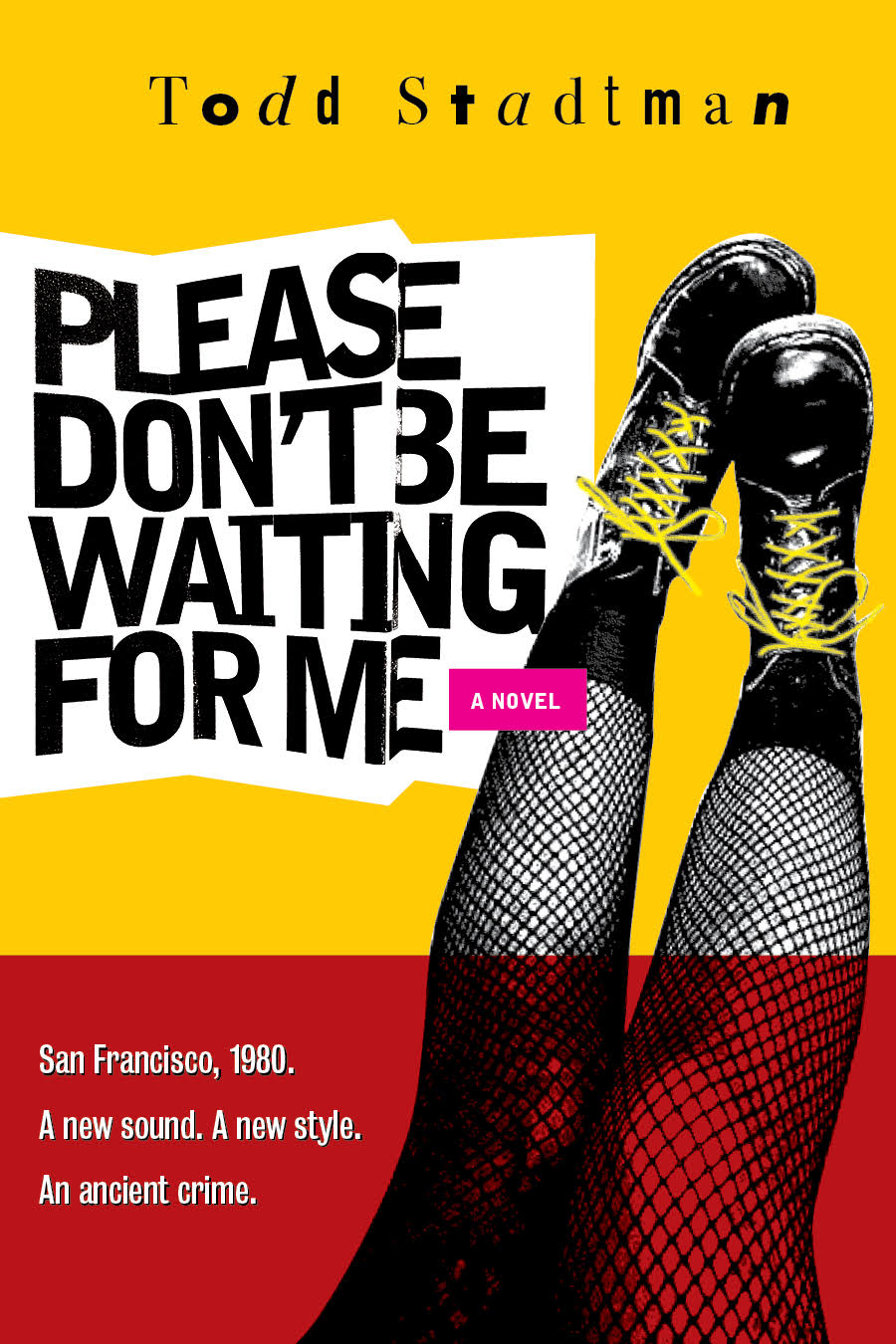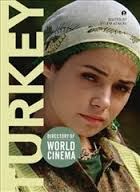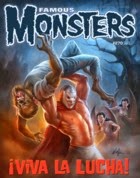If you enjoyed the
“Sweded” version of Robocop presented in Michel Gondry’s
Be Kind Rewind, you should get an equal kick out of
Shoktir Lorai, a Bengali film that is popularly known as “Banglar Robocop.” It could be said that the whole process of Sweding was invented in the B, C, and Z movie industries of countries like Turkey and India, where a budget of a few hundred dollars was never seen as an impediment to remaking a Hollywood blockbuster that cost many tens of millions to produce.

Shoktir Lorai is a perfect example of this bold practice. Throughout its running time, there is never a moment when you are not reminded of how cheap it is. The Robocop costume appears to consist of a few metal plates hung loosely over a black body stocking and barely bridges the uncanny valley between Robocop and the Tin Woodsman. The sets are often comprised of as little as a few props scattered on a barren stage. Musical cues are often just needle drops on someone’s well-worn copy of John Williams’ Superman, The Motion Picture soundtrack.

Even the story is stripped down, completely eschewing both the satirical subtext and arch religious symbolism of Paul Verhoven’s original in favor of a basic “villain seeks to steal secret formula and is thwarted by righteous hero” plot. In short, if you are not overly concerned with the faithfulness of the adaptation, but can really appreciate thrift and a knack for cost-cutting, this may be the film for you. It’s conceivable that
Shoktir Lorai’s budget was just a couple of coupons.
The film begins with young scientist Dr. Johan (Danny Sidak) and his mentor Dr. Mola working in a laboratory suggested by the presence of a couple of tables and some fishbowl sized decanters containing what looks like carbonated Jello. What they have just invented, according to the computer screen they are staring at throughout the process, is “Brain Wash.” My surmise is that this is a product that comes in handy when your brain has that “not so fresh" feeling.
A dapper, Ajit-like master criminal named Sharif Mohammed has other ideas about the formula, however, deeming it worthy of being acquired at all costs. Before this can happen, though, we must consume a sequence of Johan, his wife (
Banglar King Kong star Munmun) and daughter Rita, who could conceivably be played by a miniature 35 year-old woman, frolicking on the beach in an idealized representation of family harmony that is just begging to be disrupted by the incursion of evil. This, of course, happens in short order, when a gang of hooligans show up to beat up Johan and harass his wife.
The family is saved by the intervention of handsome young police officer Inspector Suhil, who, despite being a cop and appearing throughout the rest of the film, is not destined to become Robocop. Another thing about Suhil that has little bearing on the rest of the film is that his girlfriend is Dr. Mola’s youngest daughter, who is introduced for the purpose of becoming a captive during the film’s final act. Other than that, this brief beach adventure serves to establish the fact that Johan is kind of a lightweight and set us to speculating about how neat it would be if he were given robot powers.


The first attempt by Sharif Mohammed’s goons to steal the Brain Wash formula results in an anonymous old man being murdered on the street. Johan witnesses this, and is subsequently forced to drive the thugs back to the vicinity of their hideout, whereupon he is released. Sharif Mohammed is as baffled by this turn of events as you are, and demands that Johan be killed.

An attempt on Johan’s life outside his family home results in little Rita taking a bullet. In her death throes, she executes a bizarre, slow-motion pirouette that Sofia Coppola would have done well to take a cue from. Her sacrifice is for nothing, though, as Johan is also killed. This leads to Johan ending up on the table in Dr. Mola’s lab, where Dr. Mola, for reasons lost to translation, sees fit to turn him into a cyborg with advanced killing power. This process appears to have involved Johan being given the Brain Wash, as, when it is done, an opening in Johan’s robot mask allows us to see his eyes staring out at us like those of a frightened deer (in this way, Johan is like a robot version of the wolf in the
Caperucita Rojas movies.)


And it is at this time that
Shoktir Lorai becomes the movie that we have wanted it to be for the last forty-five minutes. After Johan has a flashback to Rita’s death--followed by a Darth Vader “NOOOOOOO” moment--he sets out to get bloody, robotically enhanced revenge against her killers with his also pretty pissed off wife at his side to cheer him on. Finally Sharif Mohammed decides to fight fire with fire. He kidnaps Mola’s daughter and forces him to perform the cyborg process on his imposing female minion Julie, whom he summarily shoots and kills to get thing under way. This leads to an absurdly protracted climactic fight sequence in which Johan and Julie repeatedly throw each other into and smash various barriers, walls and other impediments to human-assisted flight as they make lots of loud grunting and gasping noises.
I don’t want to spoil things, but one of them ends up getting thrown into an active volcano.
I have been aware of these Bengali knock-off movies—Banglar King Kong, Banglar Hulk¸ etc.—for some time, but, to be honest, Shoktir Lorai is the first one of them I’ve seen. My impressions are that it’s scrappy, rough-hewn nature reminds me a lot of exploitation films from India’s Telugu language cinema and, even more so, Pakistan’s Pashto region, with the fact that it is an attempt to recreate a big budget Hollywood film being the icing on the cake. The degree to which it falls short of that goal lends it a subversive quality that, while probably not intentional, is extremely funny nonetheless. I’d like to think that the people who made Shoktir Lorai are okay with people laughing at (or with) it, because, from where I stand, Danny Sidak in his scrap heap Robocop costume is every bit as funny as Jack Black in his.


